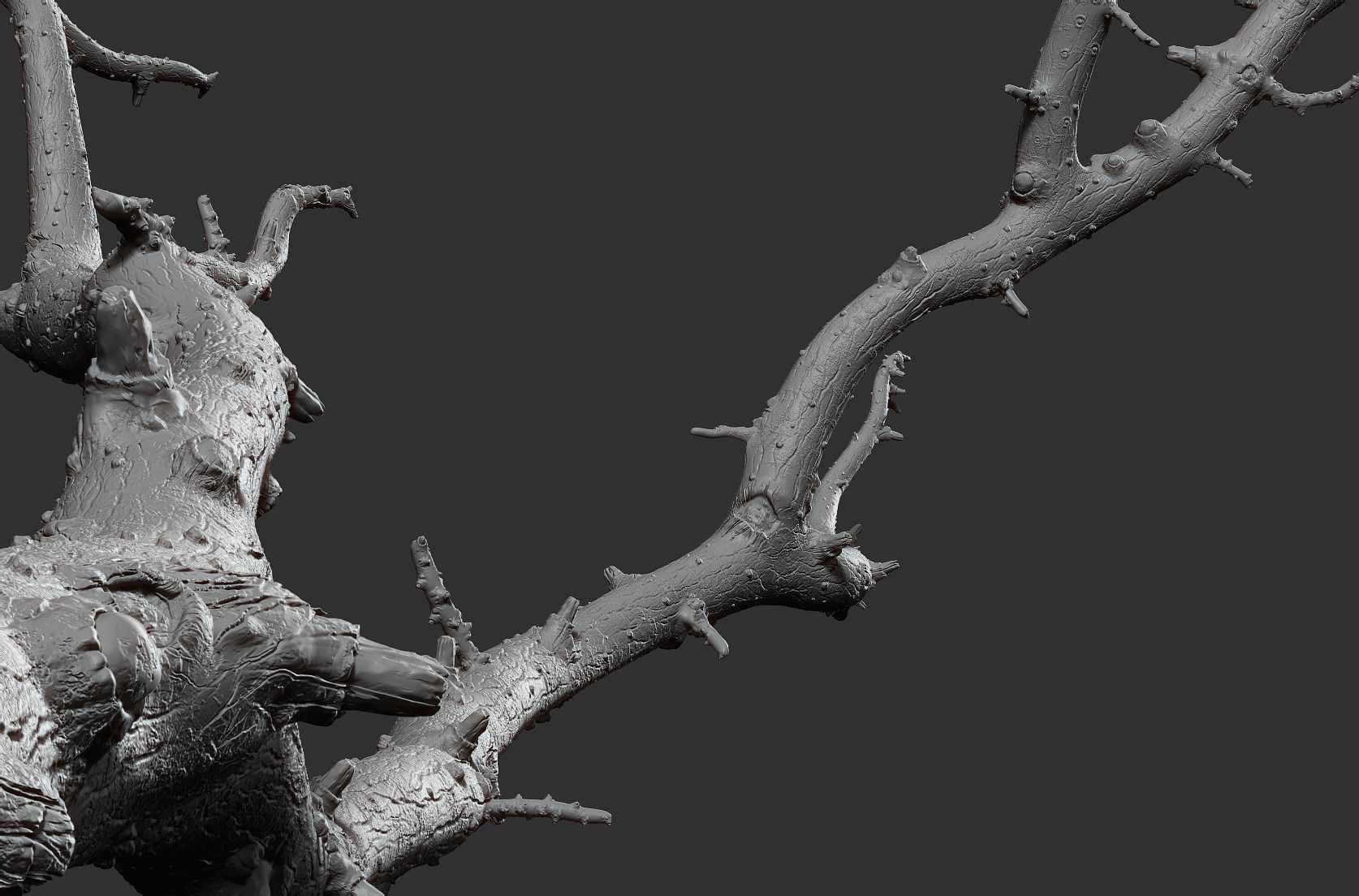2014 - 2016 APRiCot PHASE 1 ~ APRiCot (Affiliated PostGraduate Researchers Colloquium) was a platform initiated by DAI to support affiliated artists, curators and writers engaged in Third Cycle level research.
PHASE 1
A preliminary exploration of the expansive field of art research at PhD level.
DAI trusts artists and curators and values artistic exploration and connectivity. Building on this established policy in its master programme, DAI encourages art praxis that actively engages in theory. With the Affiliated PhD Researchers Colloquium (APRiCot), the DAI wished to create a platform to support affiliated artists, curators and writers engaged in (Art) PhD research.
APRiCot aimed at concretising the notion of artistic, art and/or curatorial research with exemplary projects, introducing academic methodologies in the artistic and curatorial creative processes and promoting critical, imaginative and unorthodox methodologies for academic research with the aim to develop a distinguishable DAI model for praxis-led research at Third Cycle level.
APRiCot focused on the one hand on the specific research of the participants and topics relevant for its affiliated researchers. On the other hand the collective discussed methodologies of artistic and curatorial research and the relationship of art and academic research in general.
During its first year of existence, APRiCot organised seminars every Tuesday during DAI weeks. Each seminar was divided in afternoon and evening sessions, and counted with the presence of a relevant guest in relation to the issues discussed. The closed afternoon sessions focused on the specific research of the Associate Researchers*, which were discussed with the guests in their different aspects. In the evening APRiCot organized public events (lectures, round table discussions, presentations) led by the guests and open for the DAI community. Questions about art and research, practice-led research and the relation between art practice, knowledge production and an academic PhD trajectory, were the matter of collective debates.
Each seminar focused on a different issue:
4 November 2014: APRiCot Introduction (guests: Bridget Crone, Peter Sonderen and Frank van Vree, Bassam El Baroni, Renee Ridgway, Marina Vishmidt)
9 December 2014: Art Writing (guests: Maria Fusco and Christa-Maria Lerm Hayes)
20 January 2015: The Archive (guest: Anke Bangma)
24 February 2015: Artistic Research (guest: Tom van Imschoot, Nienke Terpsma, Sarah Charalambides)
21 April 2015: Writing Research (guest: Johan Hartle)
16 June 2015: Slow Cooking: the APRC Kitchen (guests: Ruth Noack and Benjamin Noys)
17 October 2015: Interdisciplinarity in Art Research (guest: Vivian Ziherl)
9 January, 2016: Art Research and Knowledge Production (guest: Suhail Malik)
13 February, 2016: Practice-led Art Research vs Practice in Contemporary Art (guest: Josefine Wikström)
19 March, 2016: Curatorial Research (guests: Marcelo Rezende, Antke Engel, Fotini Gouseti, Patrícia Pinheiro de Sousa)
4 June, 2016: Elegant Gathering in the Apricot Garden: a round table session with APRiCot in the Sonsbeek Park during SONSBEEK INTERNATIONAL 2016. Looking back at the APRiCot's gatherings in 2015-2016 and forward to a re-newed format we asked: what kind of quintessential DAI Associate (PHD) Research Collective would you care to join in the near future ?
Important note: art schools in the Netherlands (coined as universities of applied arts) cannot grant a PhD, therefore art researchers aiming for a PhD always need to partner with a science based university. DAI is not affiliated with one specific university, but seeks to actively support the best match between art researchers and supervisors connected to relevant academic programs worldwide.
* For APRiCot's PHASE 1: Florian Göttke and David Maroto were the associated PhD researchers, working alignment with the DAI's programme. Together they devised the program of the APRC days 2014-2016 jointly in close consultation with DAI- artistic director Gabriëlle Schleijpen. In 2015 -2016 alumni Lauren Alexander and Rosie Heinrich joined the collective as members.

